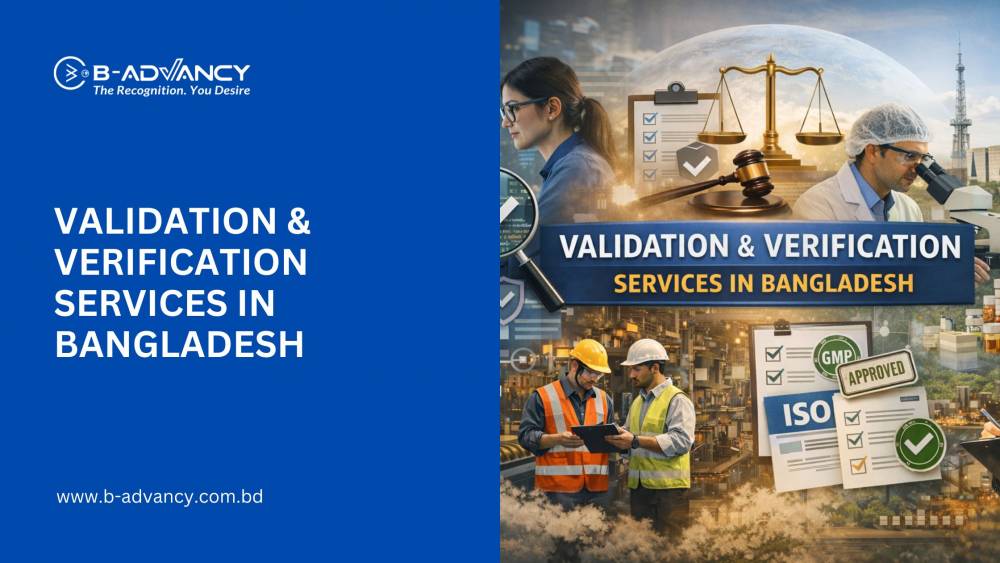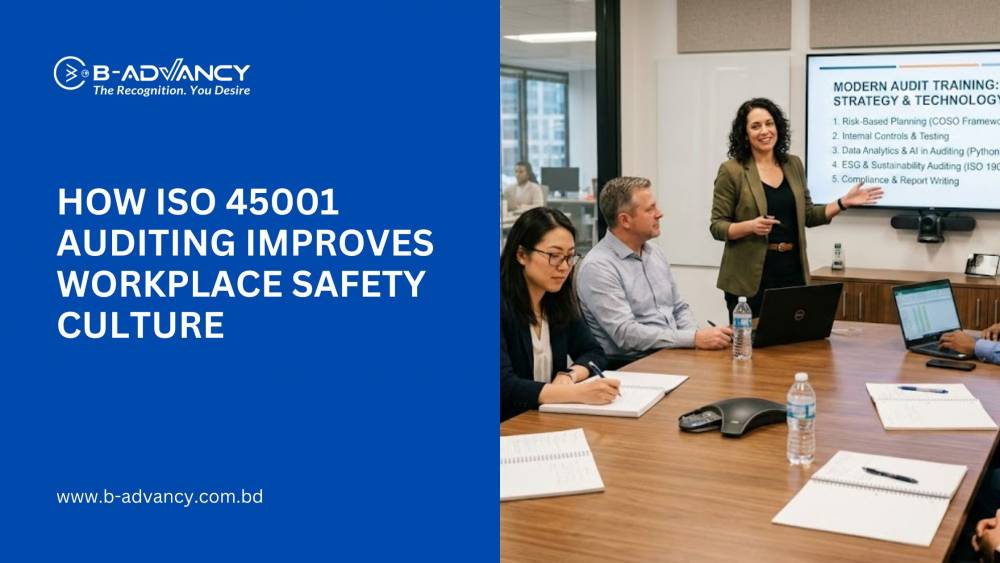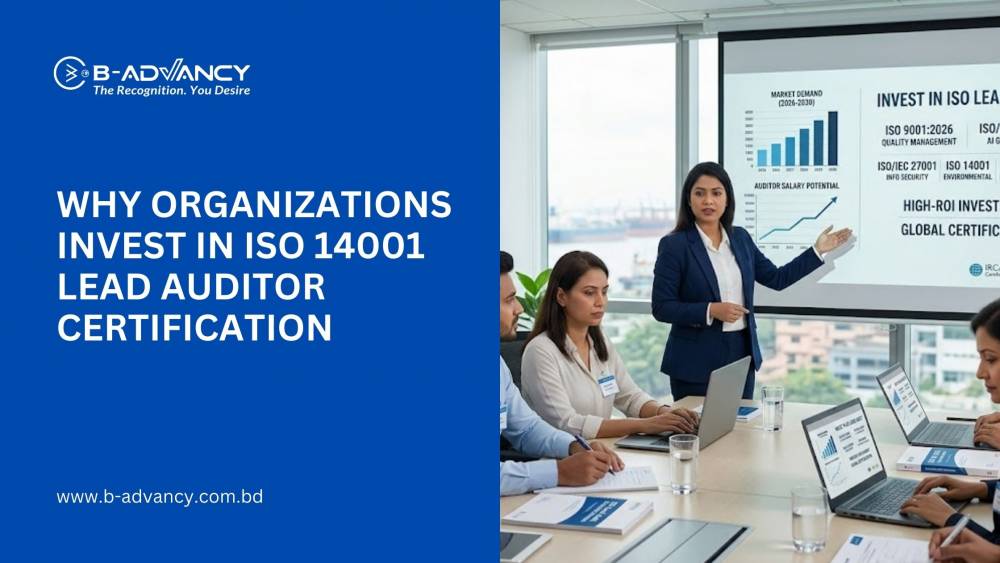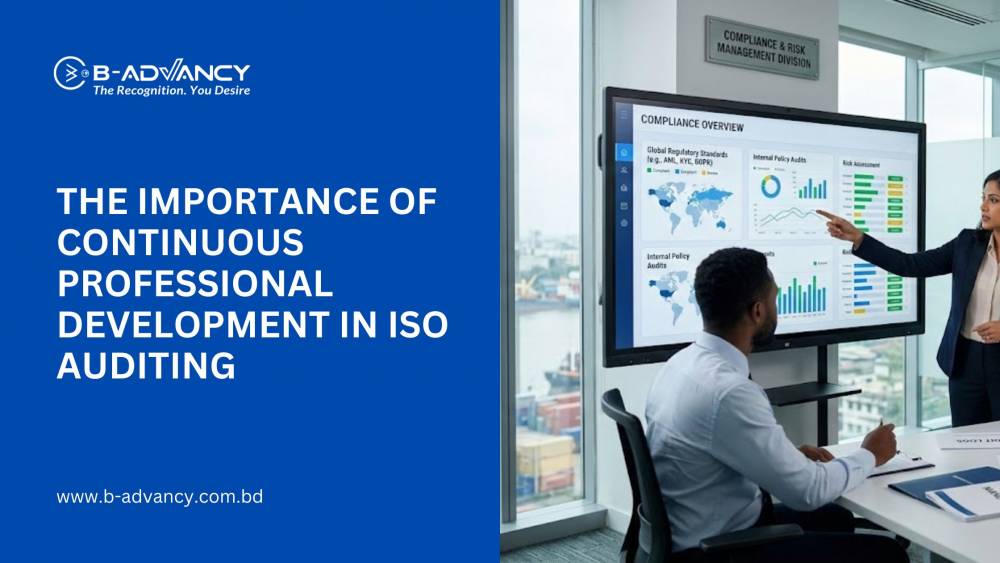Small and Medium Enterprises (SMEs) are the backbone of most economies, including Bangladesh. They drive employment, innovation, and local growth. However, SMEs often face challenges when competing with larger corporations—especially in areas like quality, efficiency, credibility, and international recognition. One of the most effective tools that can help SMEs overcome these challenges is ISO Certification.
Why ISO Certification Matters for SMEs
ISO (International Organization for Standardization) provides globally recognized standards that guide businesses toward better quality, safety, efficiency, and customer satisfaction. For SMEs, ISO certification is not just a compliance measure—it is a growth enabler that opens doors to new opportunities.
Key Roles of ISO Certification in SME Growth
-
Building Customer Trust
ISO 9001 (Quality Management System) ensures consistent products and services. For SMEs, this credibility is essential to gain and retain customers. -
Improving Operational Efficiency
ISO standards streamline workflows, reduce errors, and optimize resource usage—helping SMEs cut costs and improve productivity. -
Accessing Global Markets
Many international buyers and partners require ISO-certified suppliers. SMEs with certification gain easier access to global supply chains and export opportunities. -
Enhancing Risk Management
ISO 27001 (Information Security), ISO 22301 (Business Continuity), and other standards help SMEs manage risks, safeguard data, and prepare for unexpected disruptions. -
Supporting Compliance & Legal Requirements
ISO certification ensures SMEs align with regulatory and industry-specific requirements, reducing the risk of penalties or non-compliance issues. -
Boosting Brand Reputation
ISO-certified SMEs are perceived as reliable, professional, and globally competitive—making them more attractive to customers, investors, and stakeholders.
Recommended ISO Standards for SMEs
-
ISO 9001:2015 (Quality Management System) – Improves customer satisfaction and internal efficiency.
-
ISO/IEC 27001 (Information Security Management) – Protects sensitive business and client information.
-
ISO 14001 (Environmental Management System) – Helps SMEs adopt sustainable and eco-friendly practices.
-
ISO 45001 (Occupational Health & Safety) – Ensures workplace safety and employee well-being.
-
ISO 22301 (Business Continuity Management) – Prepares SMEs for disruptions like supply chain failures or disasters.
The Bigger Impact: ISO Certification as a Growth Catalyst
For SMEs, ISO certification is more than paperwork—it is a strategic tool that enables growth, resilience, and long-term competitiveness. By adopting international standards, SMEs can position themselves alongside larger competitors and confidently enter both local and international markets.
Partner with B-ADVANCY for Expert Guidance
SMEs often worry about the cost, time, and complexity of ISO certification. With B-ADVANCY, the process becomes clear, simple, and effective. Our team provides tailored consultancy, training, and audit preparation to help SMEs achieve certification and unlock new business opportunities. Contact with them for better consultancy Website: https://b-advancy.com.bd/ WhatsApp: https://wa.me/+8801612264559
Conclusion
In today’s competitive business environment, ISO certification is no longer optional for SMEs—it’s essential. It strengthens customer trust, ensures compliance, improves efficiency, and opens doors to global markets. For SMEs in Bangladesh, investing in ISO certification is a smart step toward sustainable growth, international recognition, and long-term success.





































































































































































































